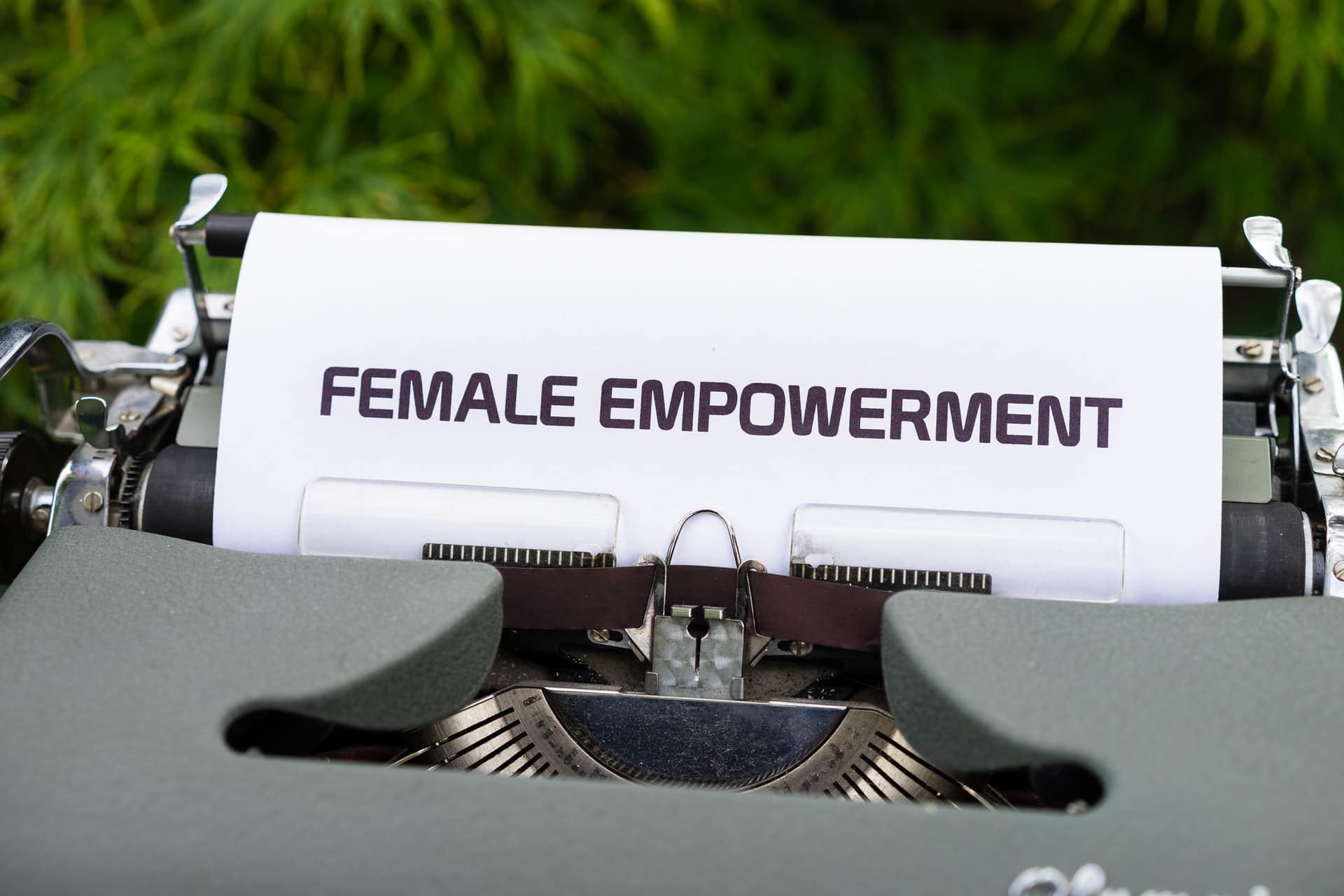We’ve all heard popular phrases such as “be an empowered woman” or “empowered women run the world;” those phrases are ubiquitous. Some T-shirts even bear slogans such as “babes empower babes” or “women empower women” – but what is women’s empowerment?
The meaning of women’s empowerment:
The concept of “women’s empowerment” (or female empowerment) was created to raise the status of women in society.
“Women’s empowerment” encourages women to gain power and control over their own lives and to achieve a sense of self-worth.
My thoughts on women’s empowerment:
This statement may surprise you, but I, for one, think that we should get rid of the term “women’s empowerment.”
Ladies, let’s think about the meaning of the word “empowerment” – it is a word whose tone is completely passive.
To empower means “to give (someone) the authority or power to do something.”
By the very definition of the word, to become “empowered” a woman requires another person to empower her! If women must receive power, who is entitled to give it to them? Presumably, someone who already possesses it.
The whole concept of “empowerment”, without meaning to do so, is almost patriarchal in nature. Is supposed enhancement through a dependency on an external agent truly something to appreciate?
I hold that true value comes from within – that prominent and estimable women derive their worth from their inner qualities, and not from external intervention; in a word: independence.
About femininity, elegance, power, and responsibility:
Let’s dive deeper into the meaning of the term “women’s empowerment” and address the root of the word – power. What does it mean to become “empowered”, if not to receive power? But, ladies, is power truly what we should strive for?
In my opinion, power – either physical, political, or otherwise – is not an important aspect of people’s lives, regardless of gender.
To me, the word “power” holds some negative connotations, and I much prefer “responsibility”. Power allows people to manipulate others, whereas responsibility mandates care.
An elegant woman takes responsibility over herself and her surroundings, rather than exerts power over others.
Power and elegance:
The word “power” etymologically stems from a physical meaning of virility, whereas elegance has nothing to do with physical strength. In fact, using “powerful” or “empowered” as a point of reference hints at a system of measurement in which physical strength determines worth. Ladies, do we really need power to derive worth?
A woman who is truly confident can embrace her femininity and take the word “power” out of the equation. Women can be gentle and graceful, intelligent and successful, and independent and self-sufficient without striving for power.
Let’s stop the endless race for power! No one has to empower us or to entitle us; our worth can come from within.
I believe that each and every one of us can choose her own path and build her own future. Choose to become the best version of yourself. Set goals, and continually work towards them.
Add elegance to your life by deriving your self-worth from within.
Learn more about modern elegance in my article “how to be an elegant woman in our modern world“.




Sending handwritten thank you cards, keeping mints and Kleenex handy, never saying “I have to pee,” not talking about money or how much something costs, never go to a party or someone’s house empty handed
As someone who has appreciated the women’s “empowerment” movement – I absolutely love the perspective brought to this post! I wholeheartedly concur – we do not need to demand, take, or pursue power. However, there are issues of equality in terms of fair pay, access to careers/jobs, societal expectations of mothers vs. fathers, stigmatization of those who are unmarried or unable to have children, the “pink tax,” and many other issues. Maybe the matter is less the cause itself, but the vernacular we are ascribing to that cause. I personally will be more careful about the words I chose to use.